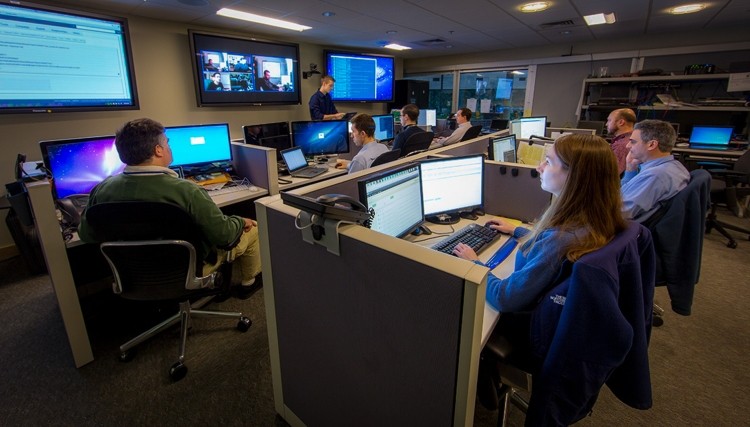The Pentagon has launched a competition calling on software developers to build a fully automated cyber defense system. The Cyber Grand Challenge will run for the next three years which should give contestants plenty of time to meet all of the Defense Advanced Research Projects Agency's (DARPA) requests.
Specifically, DARPA is seeking a fully automated system that can protect itself from hackers and respond to attacks in a matter of hours or even seconds instead of days. The system should be able to update its own code on-the-fly and have reasoning abilities exceeding those of human experts based on vulnerability scanner signatures, intrusion detection signatures and security patches.
That's a lot to ask for an outsourced project and it's a lot of time to invest in a software project without a guaranteed payout but the lure of walking off into the sunset with the $2 million grand prize is likely enough cheese to get multiple bites. Second and third place finishers will receive $1 million and $750,000, respectively.
It's not uncommon for DARPA to host a competition of this scale. In 2004, more than two dozen teams entered into a contest to build a self-driving car that could navigate a 7-mile desert course. A prize of $1 million awaited the winner at the finish line but unfortunately, nobody completed the course. A similar challenge was hosted a year later and won by a Stanford team led by professor Sebastian Thrun.
Those two challenges were described by DARPA as the dawn of the self-driving car revolution. Thrun later went on to join Google to work with their self-driving vehicle team.
